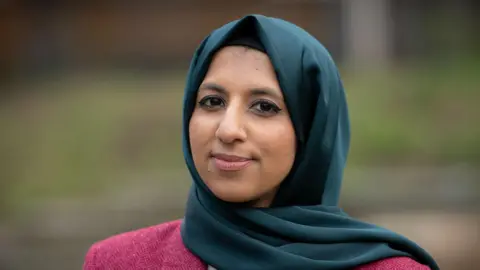 BBC/Emma Lynch
BBC/Emma LynchWhen Zara Mohammed became the first female leader of one of the largest representative bodies for British Muslims in 2021, she already had a lot on her plate: rising Islamophobia, the Covid-19 pandemic, and a government refusing to engage with the group.
The then 29-year-old could not have imagined three years later, she would be facing one of the biggest challenges of her career – rioting across England and Northern Ireland, often explicitly targeting Muslims, and still no government contact.
The violent unrest, triggered by false rumours that the Southport knife attacker was a Muslim asylum seeker, saw bricks hurled at mosques and Islamophobic chants on the streets.
Many Muslims and people of colour felt afraid to leave their homes.
“It was so visceral. We were watching on our screens: people breaking doors down, stopping cars, attacking taxi drivers, smashing windows, smashing mosques,” she told the BBC. “The kind of evil we saw was really terrifying and I felt like, am I even making a difference?”
As Ms Mohammed ends her time as general secretary of the Muslim Council of Britain – on Saturday, Dr Wajid Akhter was elected as her replacement – she spoke to the BBC about the difficulties she has faced.
In particular, she described the “unbelievable tidal wave of Islamophobia” in the UK, which she said was made more difficult to tackle due to the ongoing policy of government non-engagement.
“It was the Southport riots for us that made it really quite alarming. The justification was there, the urgency, the necessity of engagement was there, British Muslims were under attack, mosques were under attack and the largest umbrella Muslim organisation wasn’t being talked to,” she said.
Strains in the relationship between successive governments and the MCB began over a decade ago. Ties were severed with the MCB in 2009 under then-Prime Minister Gordon Brown, after the group’s deputy leader signed a declaration advocating attacks on the Royal Navy if it tried to stop arms for Hamas. Hamas’s military wing had been proscribed as a terror group in the UK eight years earlier.
The deputy secretary later resigned and Ms Mohammed said the MCB made clear such actions did not reflect the organisation, leading to a brief period of re-engagement.
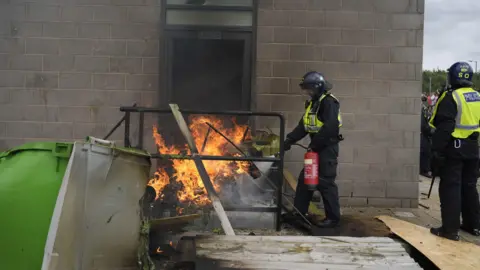 PA Media
PA MediaHowever, under consecutive governments, that engagement was broken again. In 2018, when asked about Islamophobia in the Conservative Party, then Home Secretary Sajid Javid said the government did not engage with MCB as “too many of their members have had favourable comments on extremists and that’s not acceptable” – claims the MCB vehemently denied at the time.
For Ms Mohammed, there were hopes that engagement would be renewed when Labour entered government last year as she described “strong” and “positive” relationships with Labour MPs. However, the policy of non-engagement has continued without any explanation.
She said this was having a “terrible impact” on communities who “do not feel Islamophobia is being taken seriously”. “At least have a conversation about it, but to not say anything and not tell us why? Surely what happened 14 years ago cannot be the justification.
“What is the issue now? We’re not illegal, we’re not proscribed. We do not harbour any extremist views. We have a broad-based demographic of British Muslims,” she added.
A spokesperson for the Ministry for Housing, Communities and Local Government (MHCLG) confirmed there had been no change to the policy of non-engagement with MCB but did not detail why.
“All forms of religious and racial hatred have absolutely no place in our society,” the spokesperson said. “The government engages regularly with faith communities to help foster strong working relationships and we are exploring a more integrated and cohesive approach to tackling racial and religious hatred, including Islamophobia.”
Various government departments engage with faith organisations to discuss relevant issues and policy, including on the Covid-19 pandemic and tackling hate crime.
The rise in Islamophobia has personally affected Ms Mohammed, who faces frequent abuse online. She was also the victim of a hate incident on the London Underground by a man who used offensive language.
“I’ve definitely got more of a fear of my personal security than I’ve ever had before,” she said. “There’s been an onslaught of far-right, thuggish, anti-Islam, quite disgusting, really awful graphic content that’s posted on my account.”
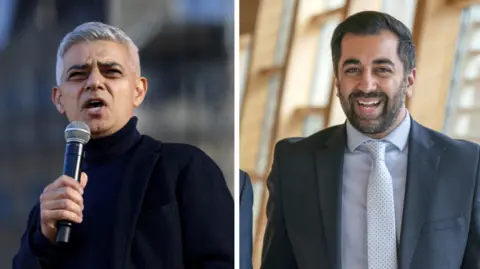 Reuters/PA Media
Reuters/PA MediaNational monitoring group Tell Mama UK recorded 4,971 incidents of anti-Muslim hate in the year after the Hamas attacks on Israel – the highest total in 14 years – with Muslim women particularly vulnerable.
Challenged on whether the MCB had done enough to support communities, particularly without government engagement, Ms Mohammed said the organisation had done “a lot of community building ” and “political advocacy” to address anti-Muslim hate, including interfaith projects, an Islamophobia event in Parliament and a Visit My Mosque initiative.
However, she said this had not changed mainstream narratives around British Muslims. “There has been such a normalisation of Islamophobic rhetoric without it being challenged or condemned.”
“We could say we’re making a difference but then what is being seen in national discourse does not seem to translate,” she added.
‘Constantly firefighting’
Ms Mohammed recognised this as part of a broader trend of hostility directed at Muslim politicians and leaders, drawing attention to former Conservative MP Lee Anderson saying “Islamists” had “got control” of the mayor of London.
Sadiq Khan condemned the remarks as “pouring fuel on the fire of anti-Muslim hatred”.
As more Muslim professionals and politicians reached new heights, like Humza Yousaf becoming Scottish first minister and Sir Sadiq being knighted, they “faced disgusting levels of Islamophobia which others have not ever faced”, said Ms Mohammed.
A BBC Woman’s Hour interview with Ms Mohammed was also accused of being “strikingly hostile” with more than 100 politicians, writers and other prominent figures criticising Ms Mohammed’s “mistreatment” on the show. The BBC said it promised to “reflect on” the concerns raised following the interview.
These ongoing challenges has left Ms Mohammed in two minds about her legacy.
“You’re constantly firefighting. Did we make British Muslims’ lives better? On one hand, yes, because we raised these issues, we took them to a national platform. But with Islamophobia, we’re still having the same conversation.
“We still haven’t been able to break through, whether it’s government engagement, Islamophobia, social mobility,” she added.
“My happiest achievements are that I’ve visited over 300 organizations across the country,” she said.
“Whether it was Swansea, Newport, Liverpool, Leeds, Manchester, I really made sure wherever I went I met the women’s groups, and I always reassured them that they had a voice at the table and a leader.”
The Conservative Party did not respond to a request for comment.

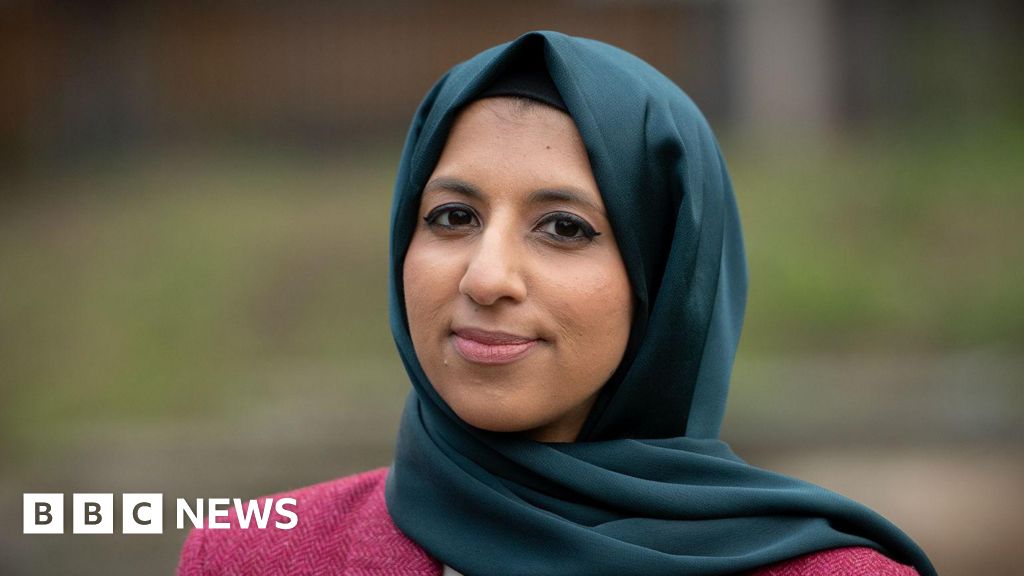


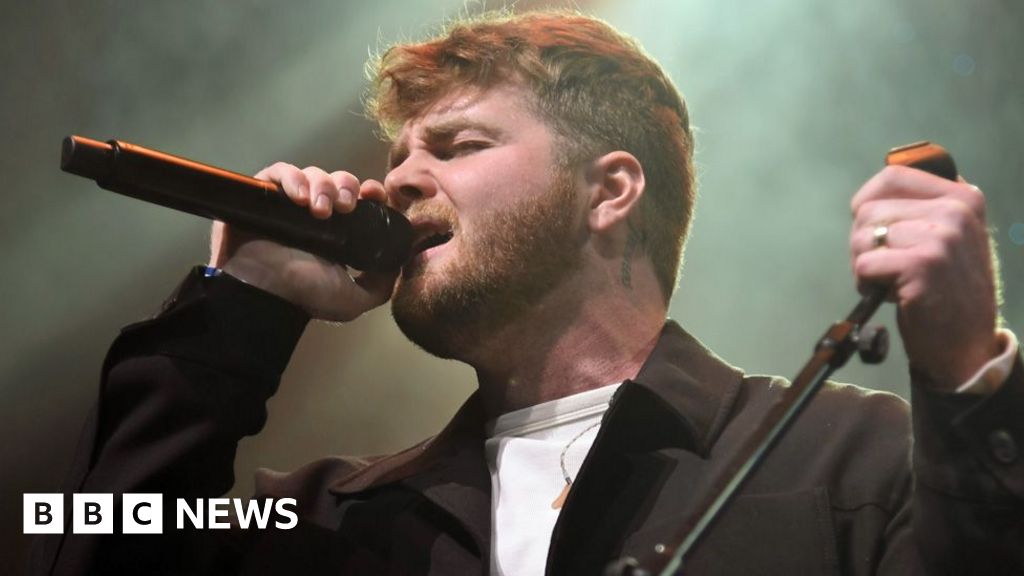

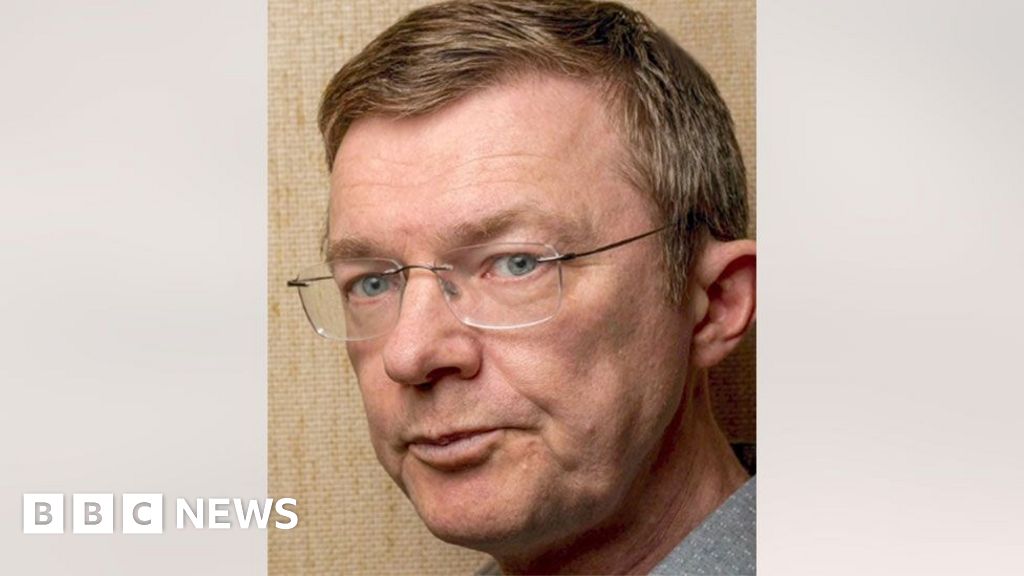
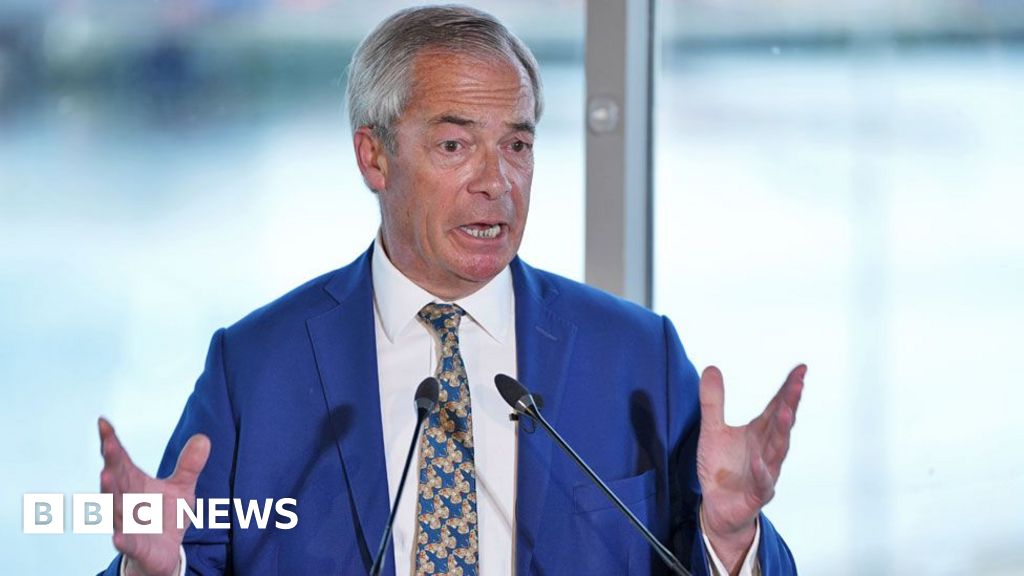
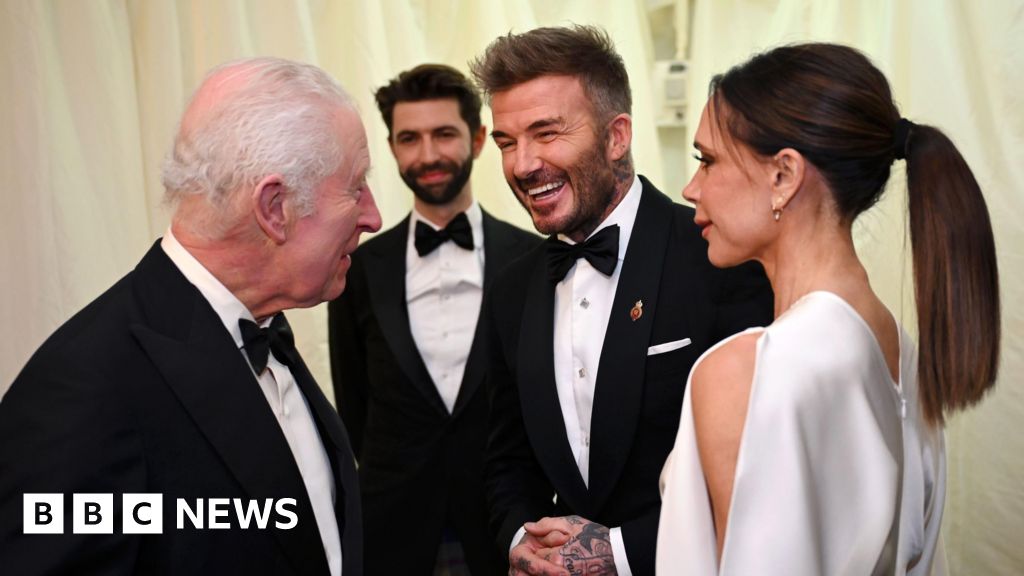
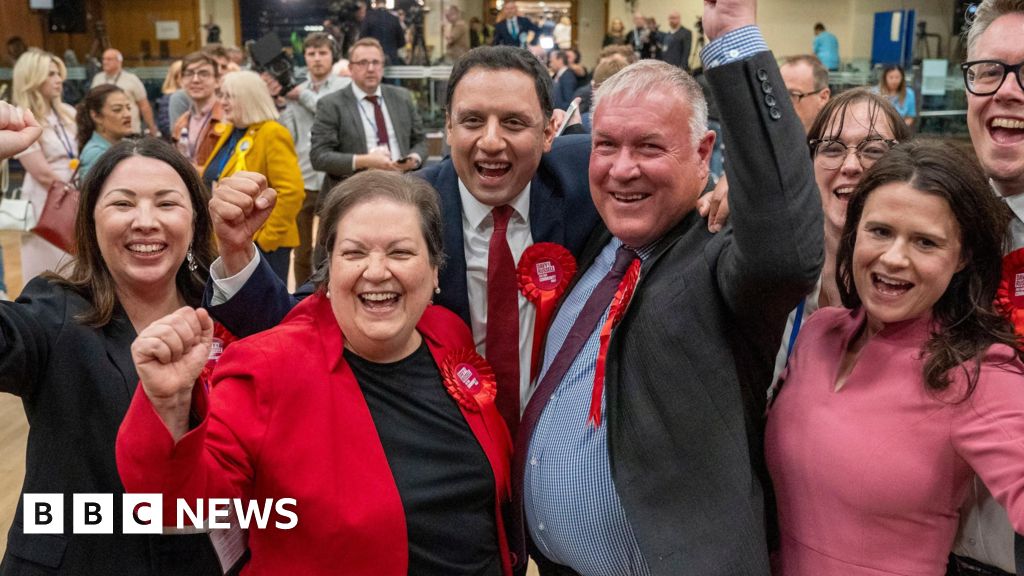
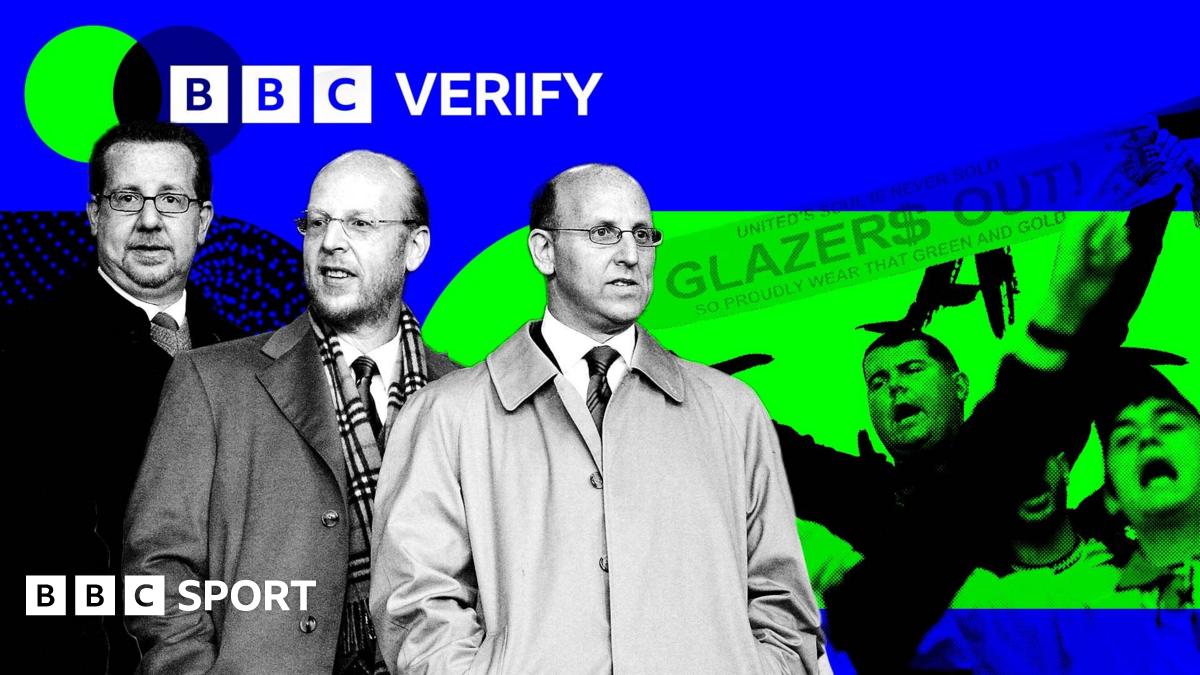
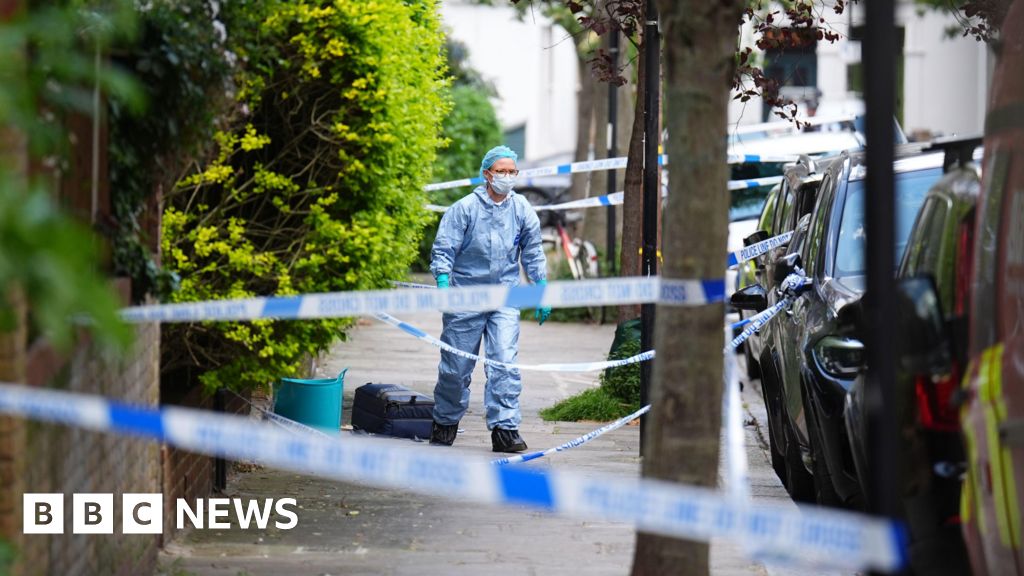
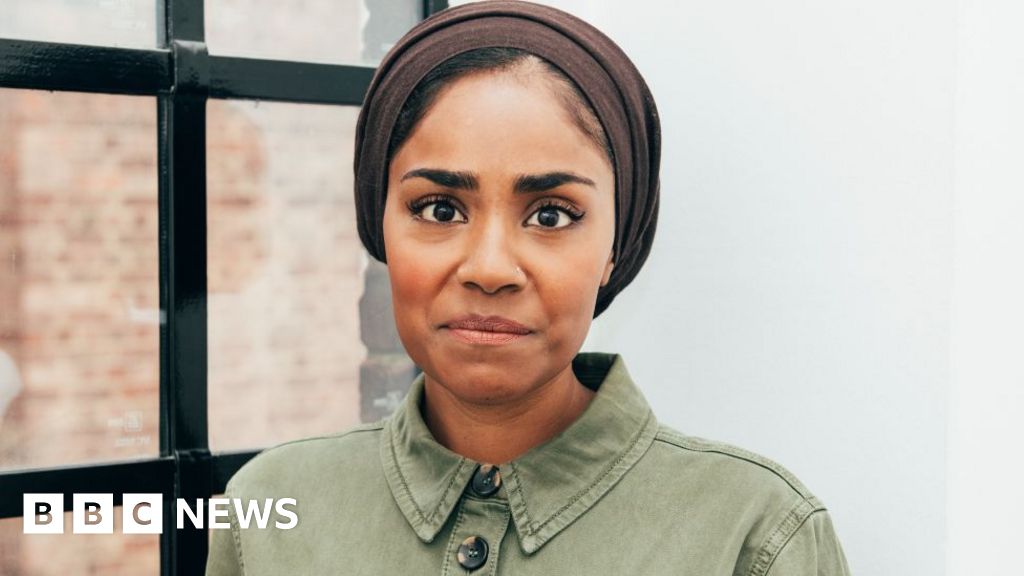
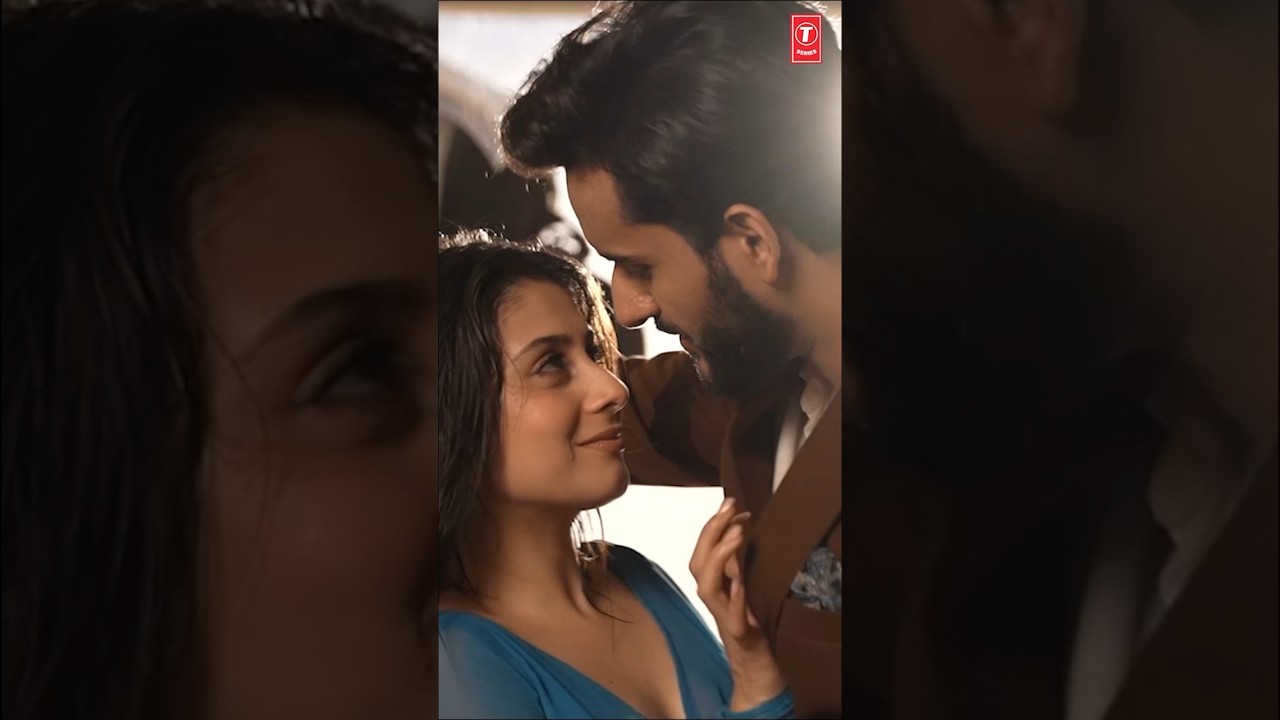

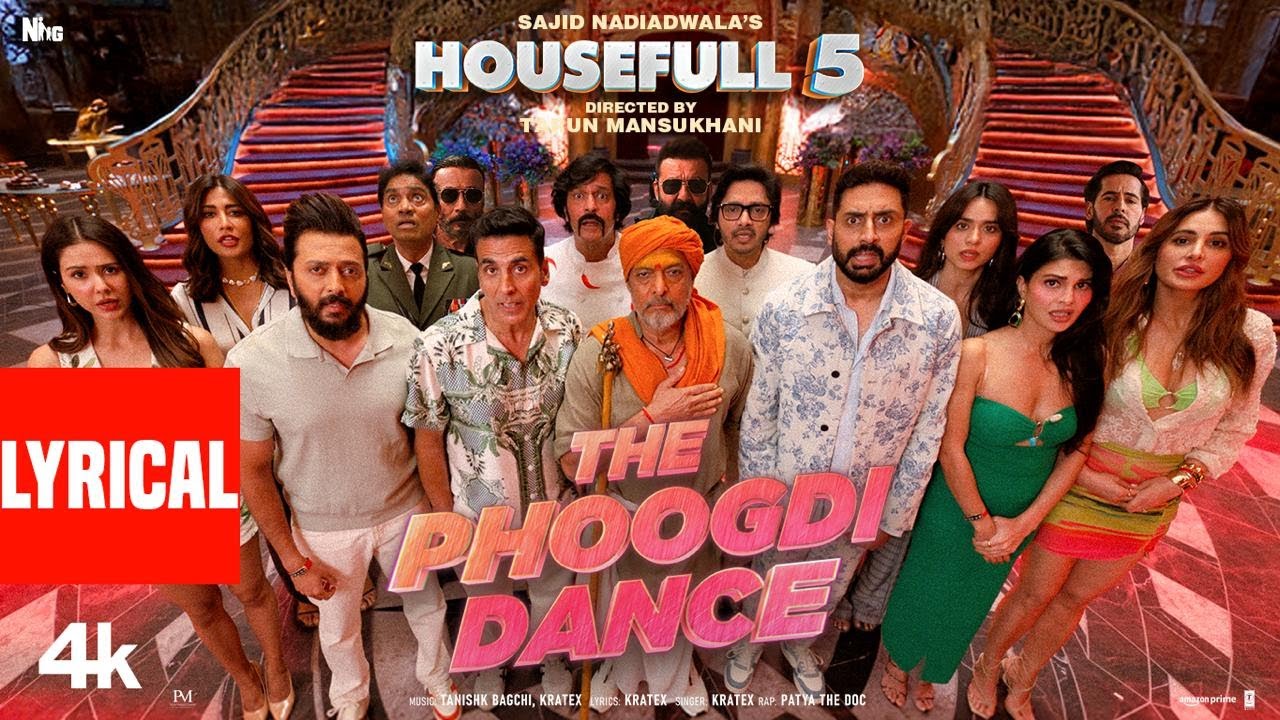
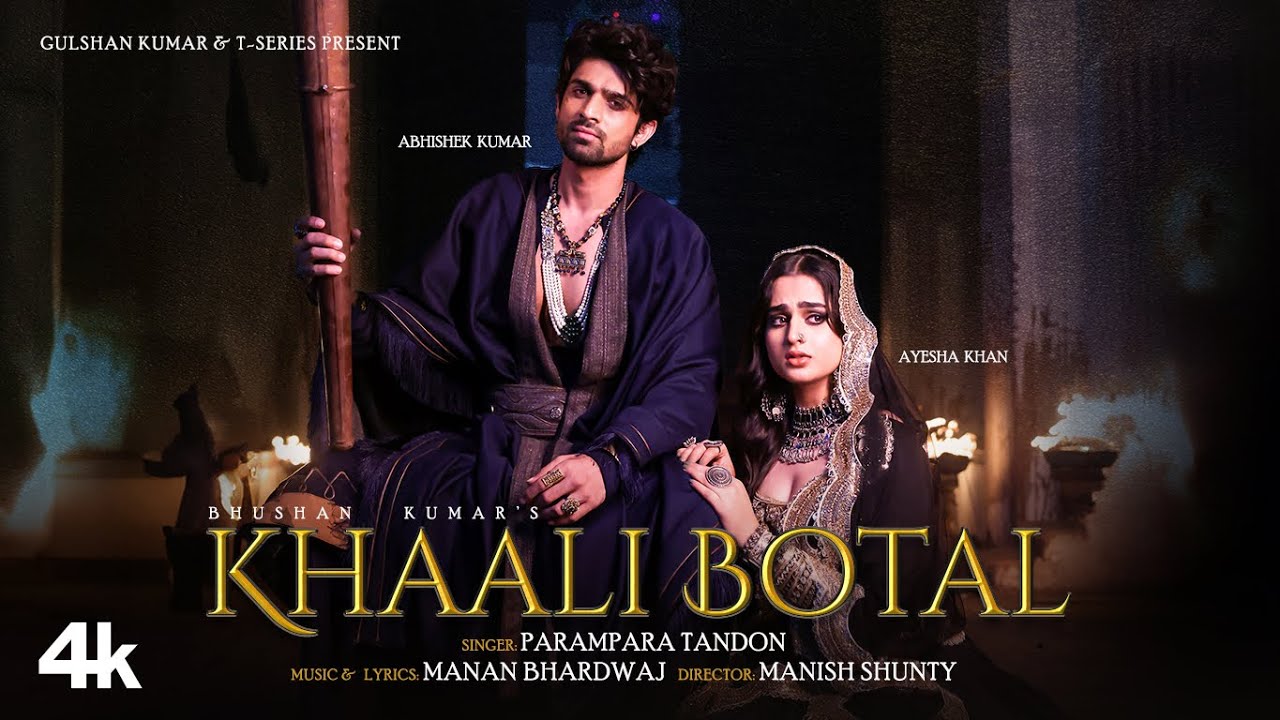
Leave a Reply